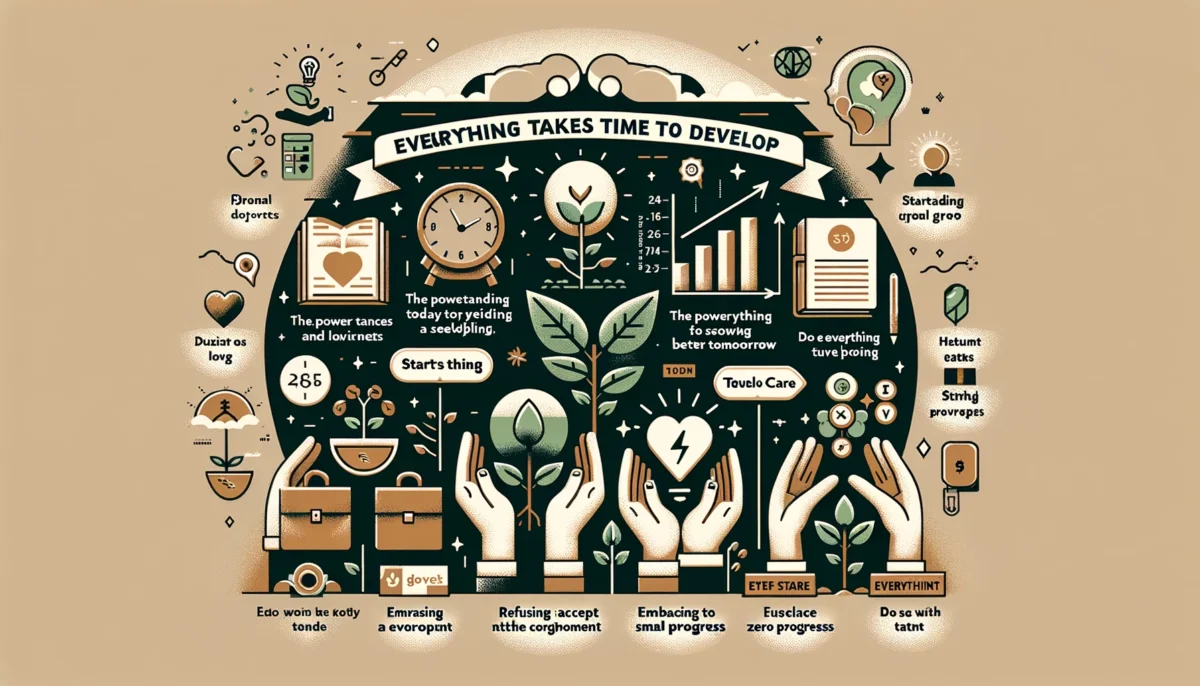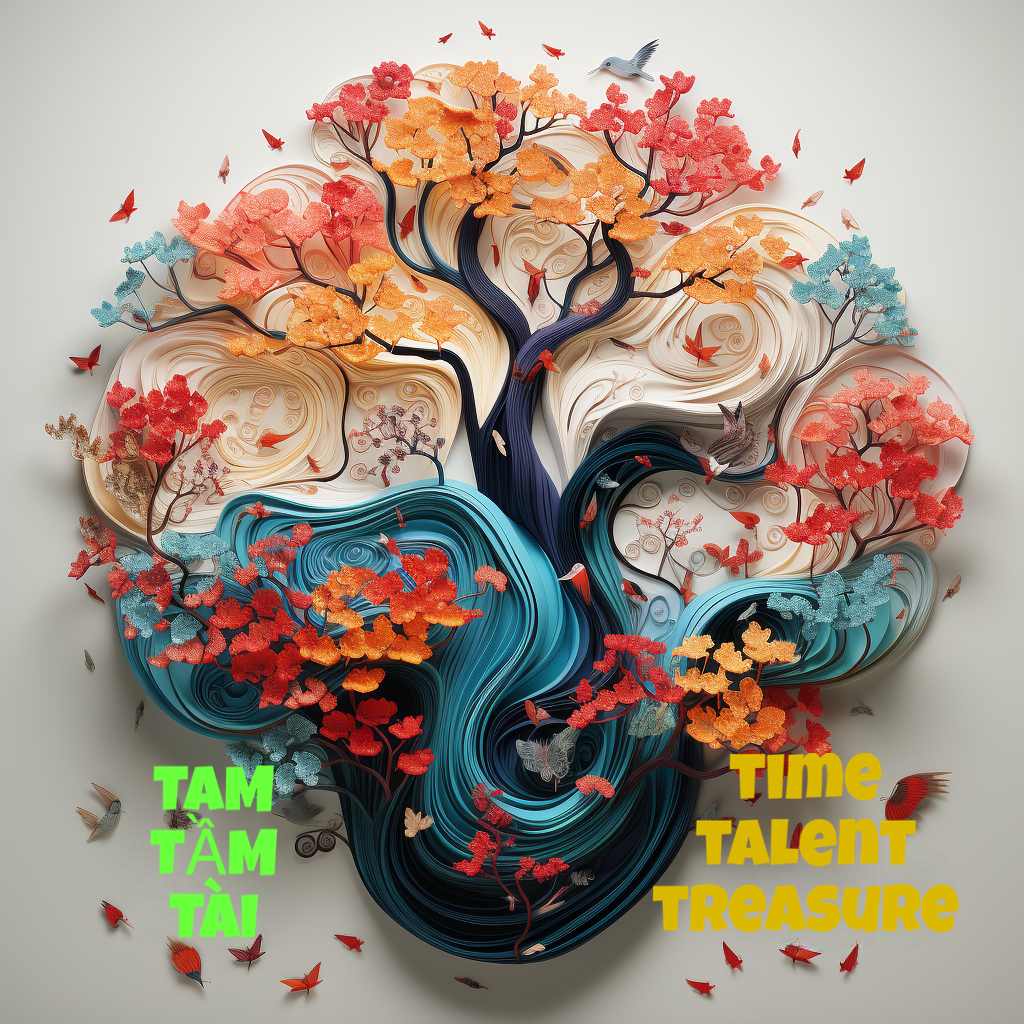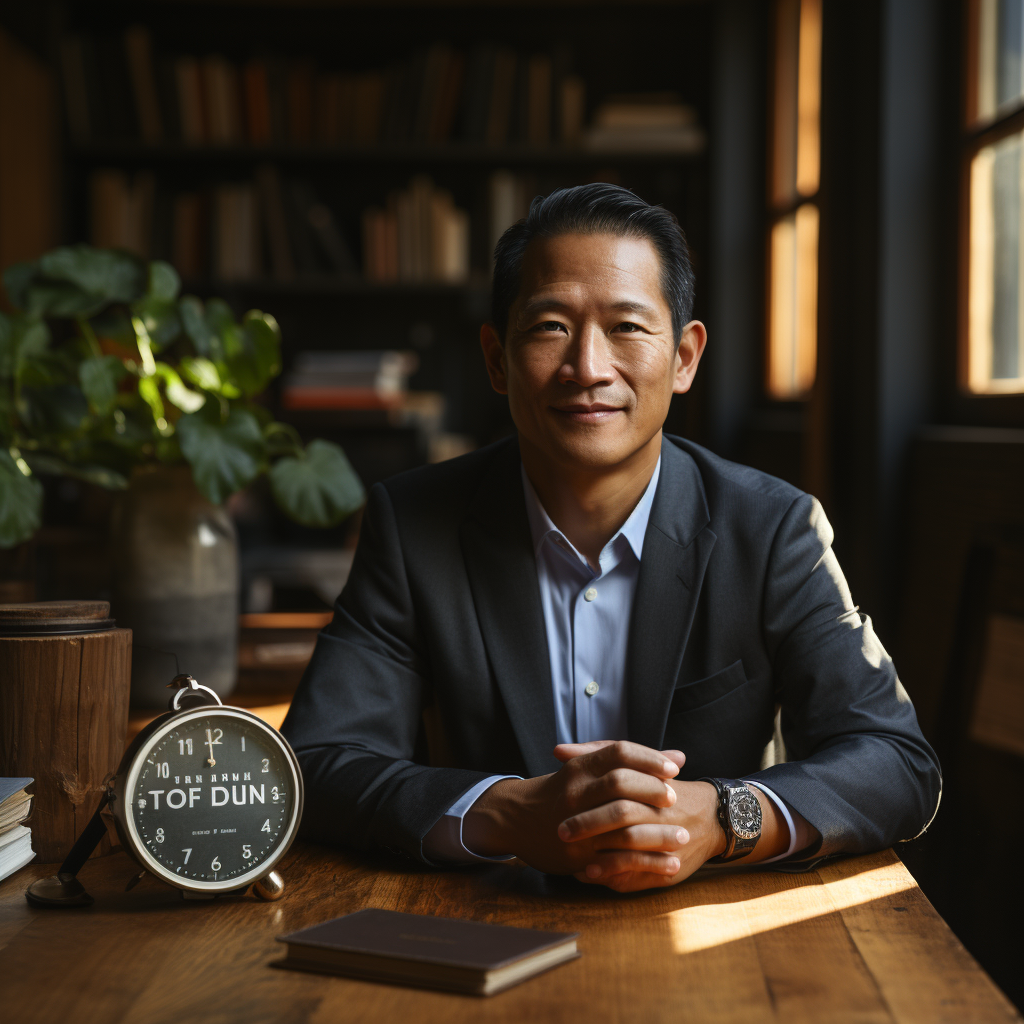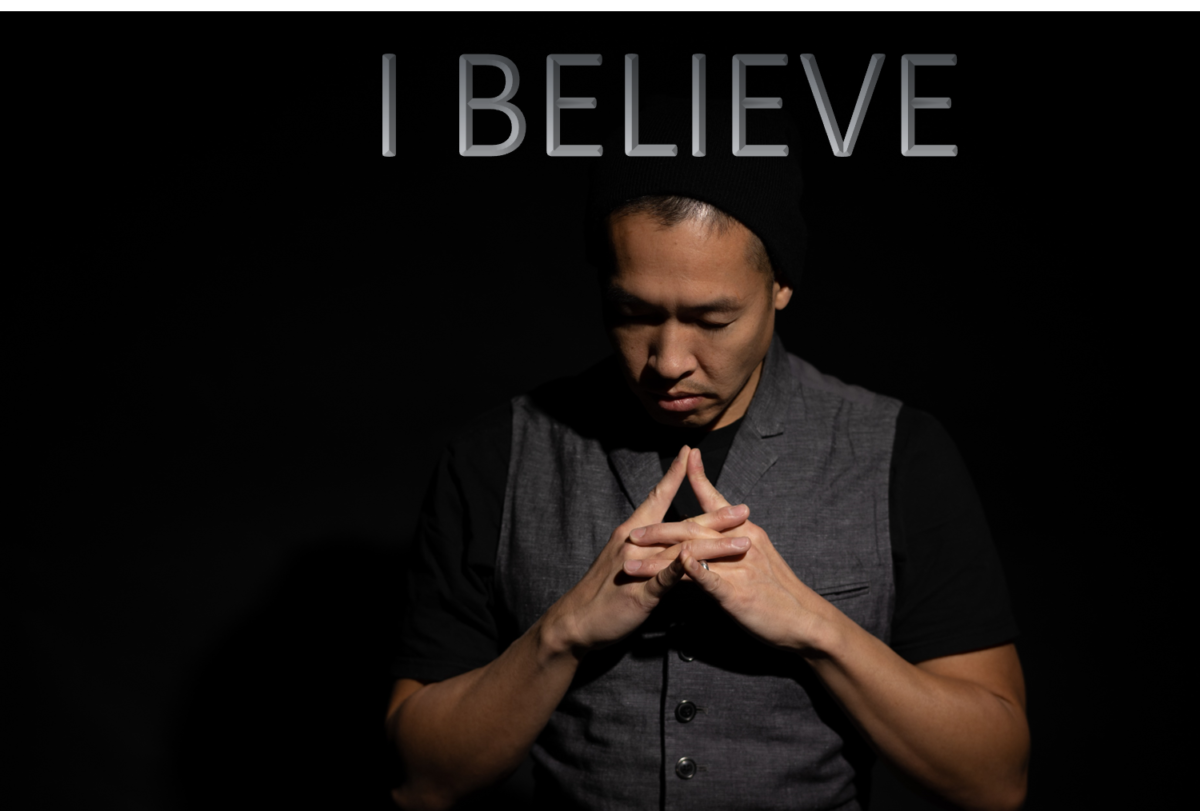In a world where instant gratification is often the norm, it’s important to remember the timeless adage: everything takes time to develop, and everything you reap is sown by you. This principle holds true in every aspect of life, from personal development to professional success.
Understanding the Process of Growth
The process of growth and development is not an overnight phenomenon. Whether it’s nurturing a relationship, building a career, or developing a new skill, it requires patience, persistence, and a clear understanding of the end goal. The seeds you plant today through your actions and decisions are the fruits you will harvest in the future.
The Importance of Caring and Loving
One of the most significant areas where this principle applies is in our relationships with others. Being caring and loving are not just emotional states but actions that require effort and time. By investing in our relationships and showing genuine care, we sow seeds of trust, respect, and affection that grow over time into strong, lasting bonds.
Starting Ventures and Personal Projects
The same principle applies in the realm of entrepreneurship and personal projects. Starting a venture, be it a business or a creative endeavor, is a journey that begins with a single step. Each step, no matter how small, is a progress. When you’re stuck, remember that even small progress is a step forward. Embracing this mindset encourages continuous growth and adaptation.
The Power of Reading and Listening
Educational and personal development activities like reading books or listening to podcasts are also forms of sowing seeds for intellectual and emotional growth. These activities broaden our perspectives, enhance our knowledge, and equip us with insights that prepare us for future challenges and opportunities.
Business and Career Development
In the professional realm, working towards a business or career goal is a classic example of this principle. Every effort, every learning experience, and every challenge overcome contributes to your professional growth. Accepting no progress as a failure is not an option. Instead, embrace every small step as a victory.
The Half Step: Embracing Small Progress
When progress seems slow, remember that a half step forward is still a step in the right direction. Consistency, even in small doses, can lead to significant achievements over time. It’s about maintaining momentum, no matter how minimal it might seem.
Refusing to Accept Zero Progress
A key aspect of this philosophy is the refusal to accept zero progress. There is always something to be gained, learned, or improved upon. This mindset ensures that you are always moving forward, even if it’s just by a tiny margin.
Doing Everything with True Care
Finally, the most crucial aspect of this principle is to do everything with true care. Whether it’s a personal project, a professional task, or an act of kindness, doing it with genuine care and attention ensures that the seeds you are sowing are of the highest quality, leading to the best possible outcomes.
In conclusion, the principle of ‘everything takes time to develop, and everything you reap is sown by you’ is a powerful reminder of the importance of patience, persistence, and purposeful action. By embracing this philosophy and applying it to various aspects of our lives, we can ensure that we are consistently moving towards a brighter, more fulfilling future. Start sowing today for the things that matter and watch as your efforts blossom into remarkable achievements.















